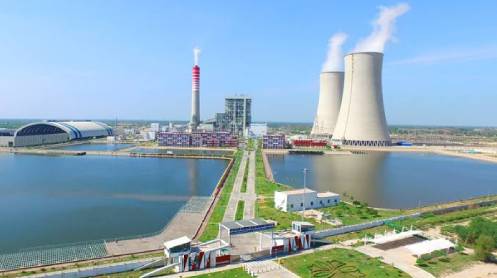UNITED NATIONS: Pakistan has informed a UN environment meeting that it plans to establish zero plastic waste cities along the Indus River to combat the pervasive issue of plastic pollution.
Revealing details of the plan to the world body, Pakistan’s UN envoy Munir Akram stated that it forms a crucial component of the broader ‘Living Indus Initiative,’ which seeks to tackle the pressing environmental challenge posed by plastic waste in urban centers.
The event was held at the UN headquarters to mark the International Day of Zero Waste.
Under the initiative, zero plastic waste cities will be established in key urban areas along the Indus Basin, including Karachi, Lahore, Faisalabad, Rawalpindi, Hyderabad, Multan, Islamabad, Peshawar, and Quetta.
Over 164,000 tonnes of plastic waste travels to sea through rivers each year
Mr Akram said the alarming scale of waste production in Pakistan, with the country generating 30 million tonnes of municipal solid waste annually, of which 10 to 14 per cent is categorised as hazardous.
Additionally, Pakistan receives an annual average of 80,000 tonnes of hazardous waste from various parts of the world.
Ambassador Akram said that Pakistan produces 3.9m tonnes of plastic waste annually, with only a fraction being effectively managed. A staggering 164,332 tonnes of plastic waste is transported by the Indus River system to the sea each year, posing a to marine ecosystems.
In response to these challenges, Pakistan has taken proactive measures, including the formulation of the National Hazardous Waste Management Policy in 2022.
Ambassador Akram emphasised the country’s support for a UN initiative — an inter-governmentally binding treaty on plastic pollution to strengthen international cooperation in tackling the issue.





